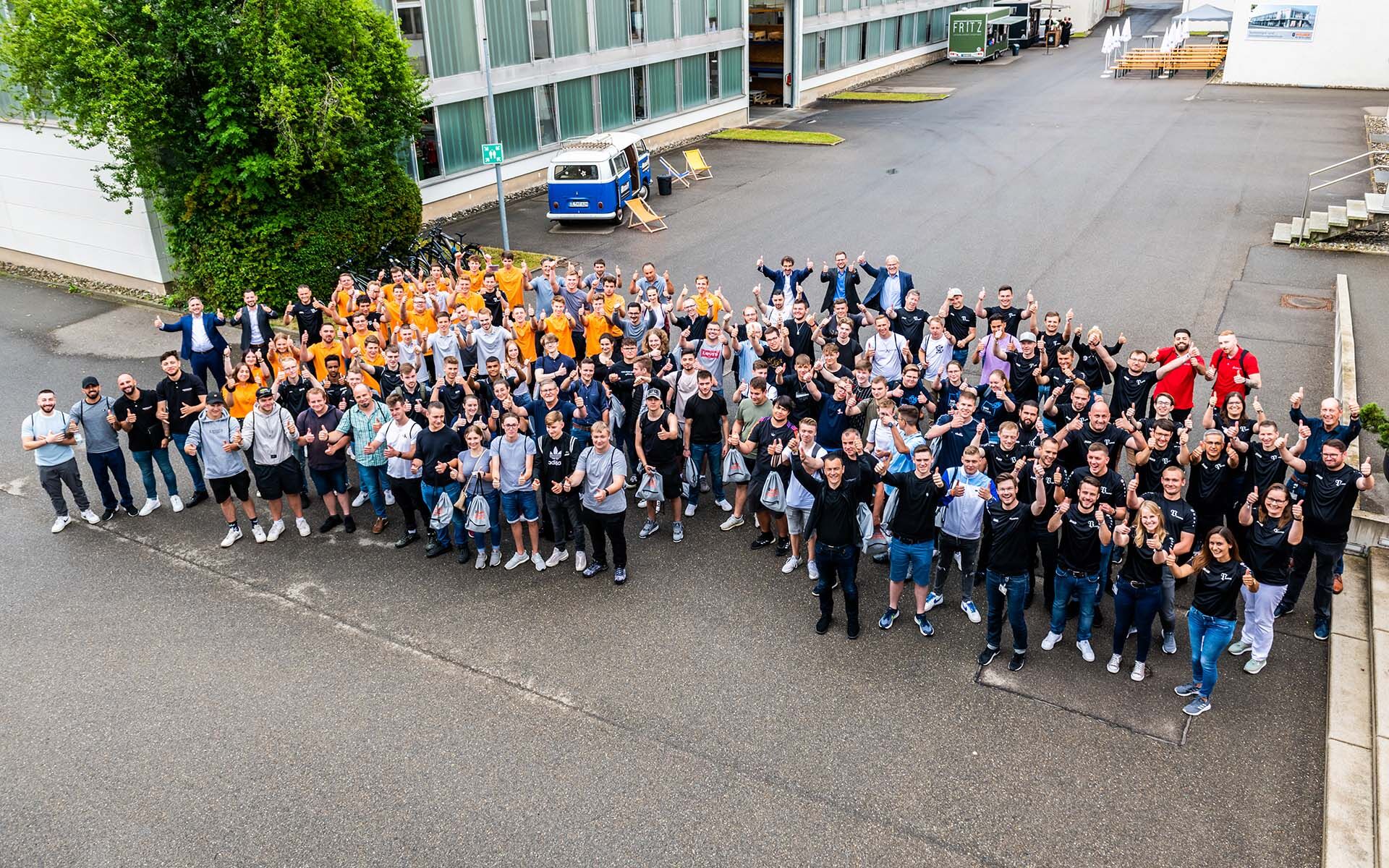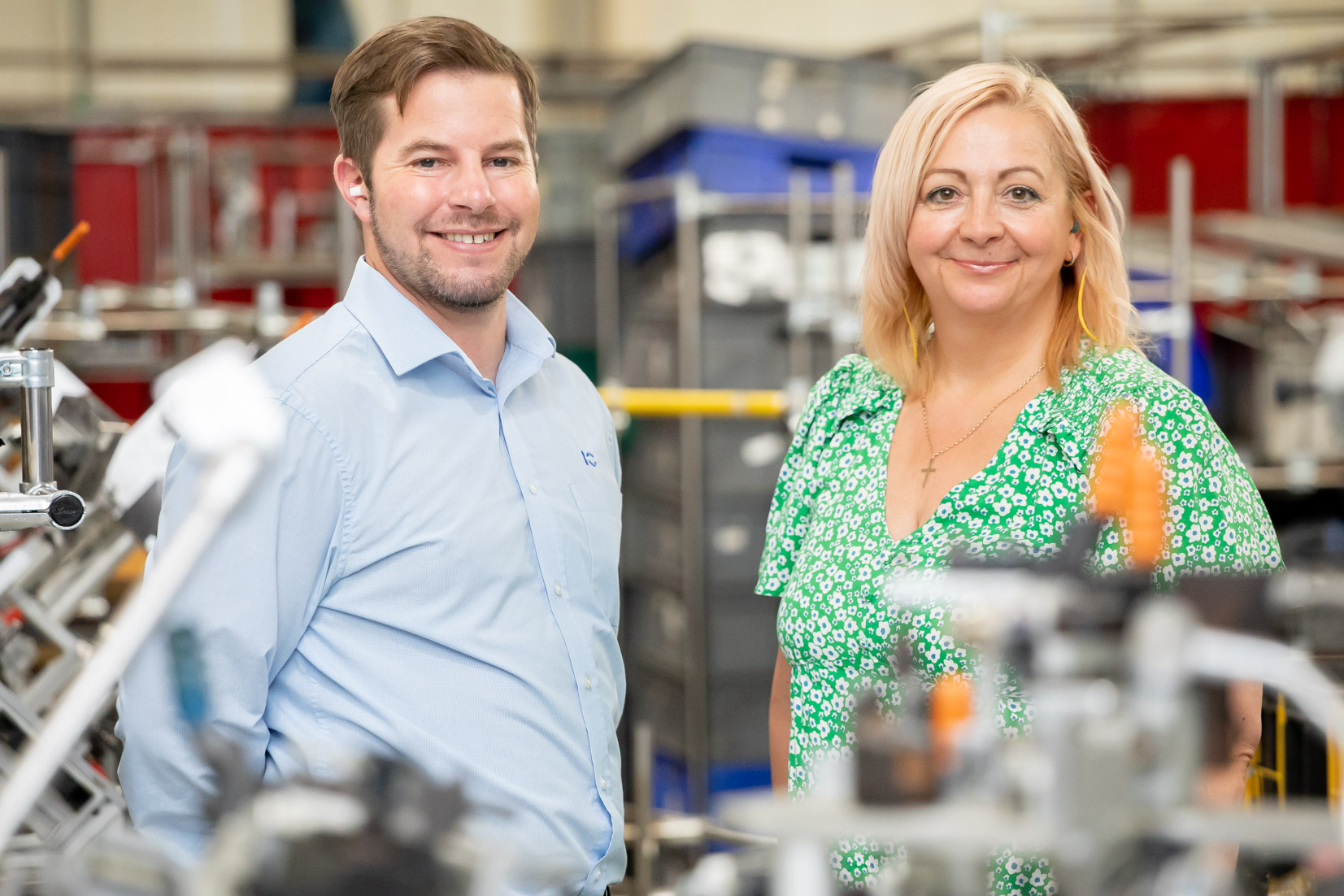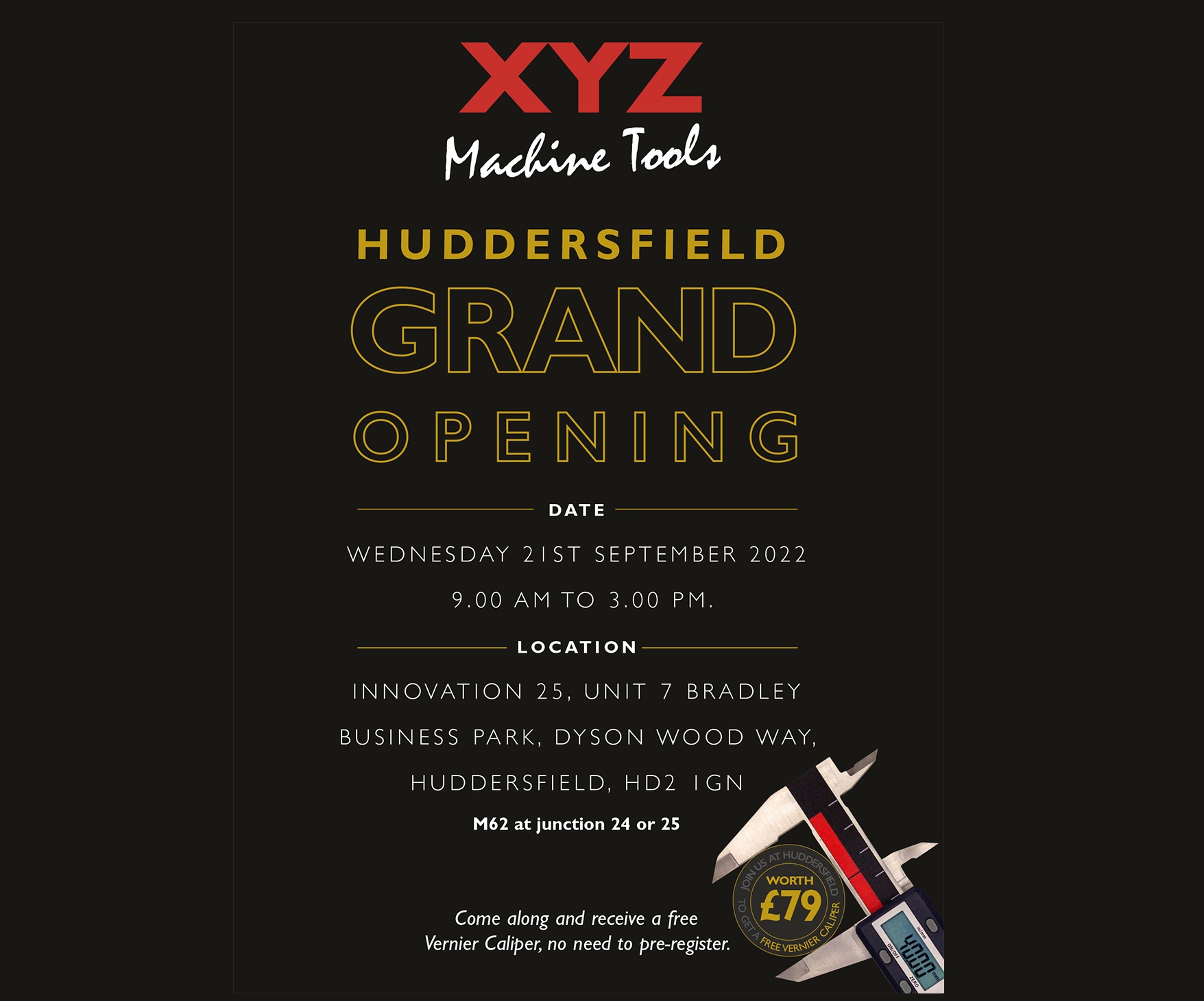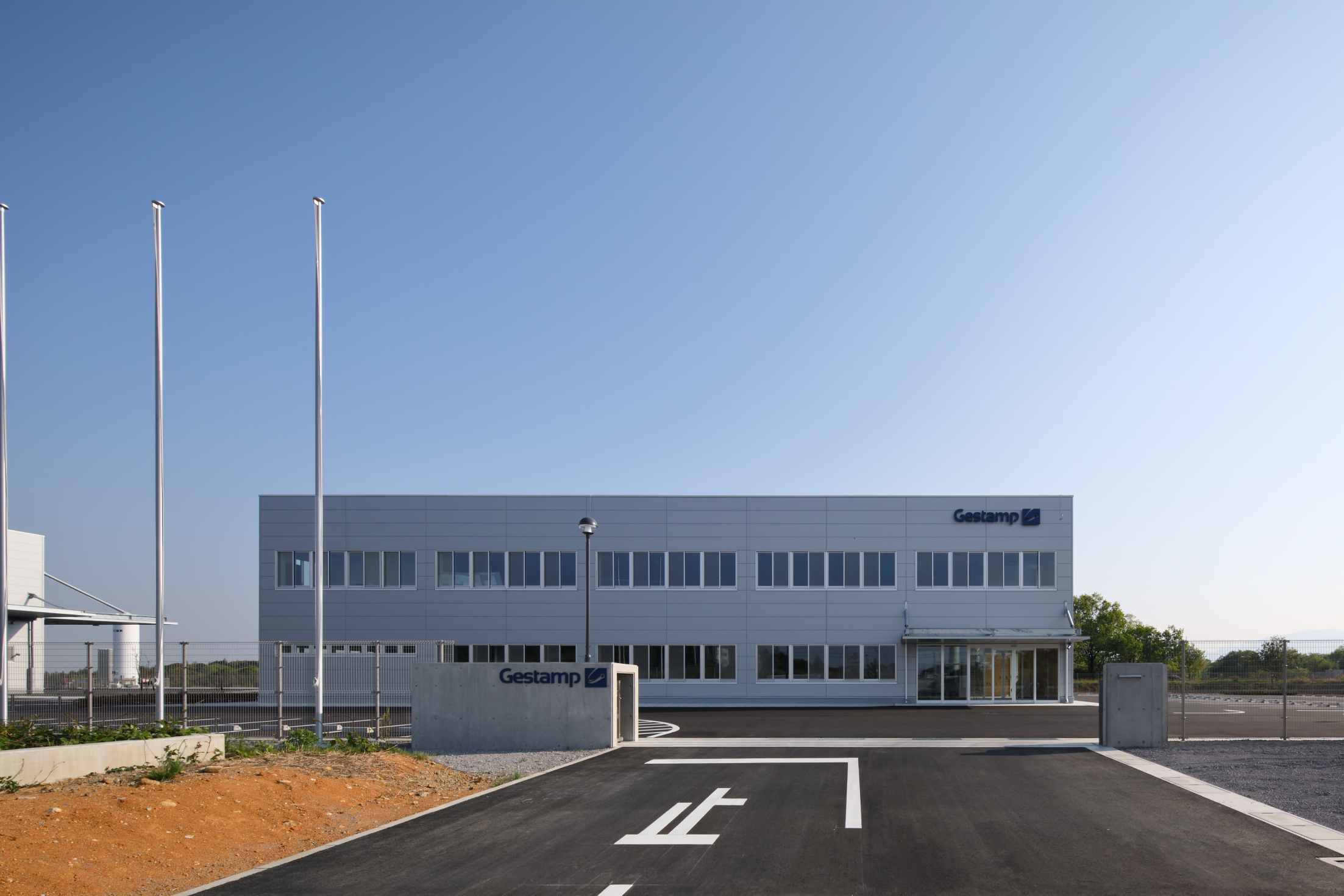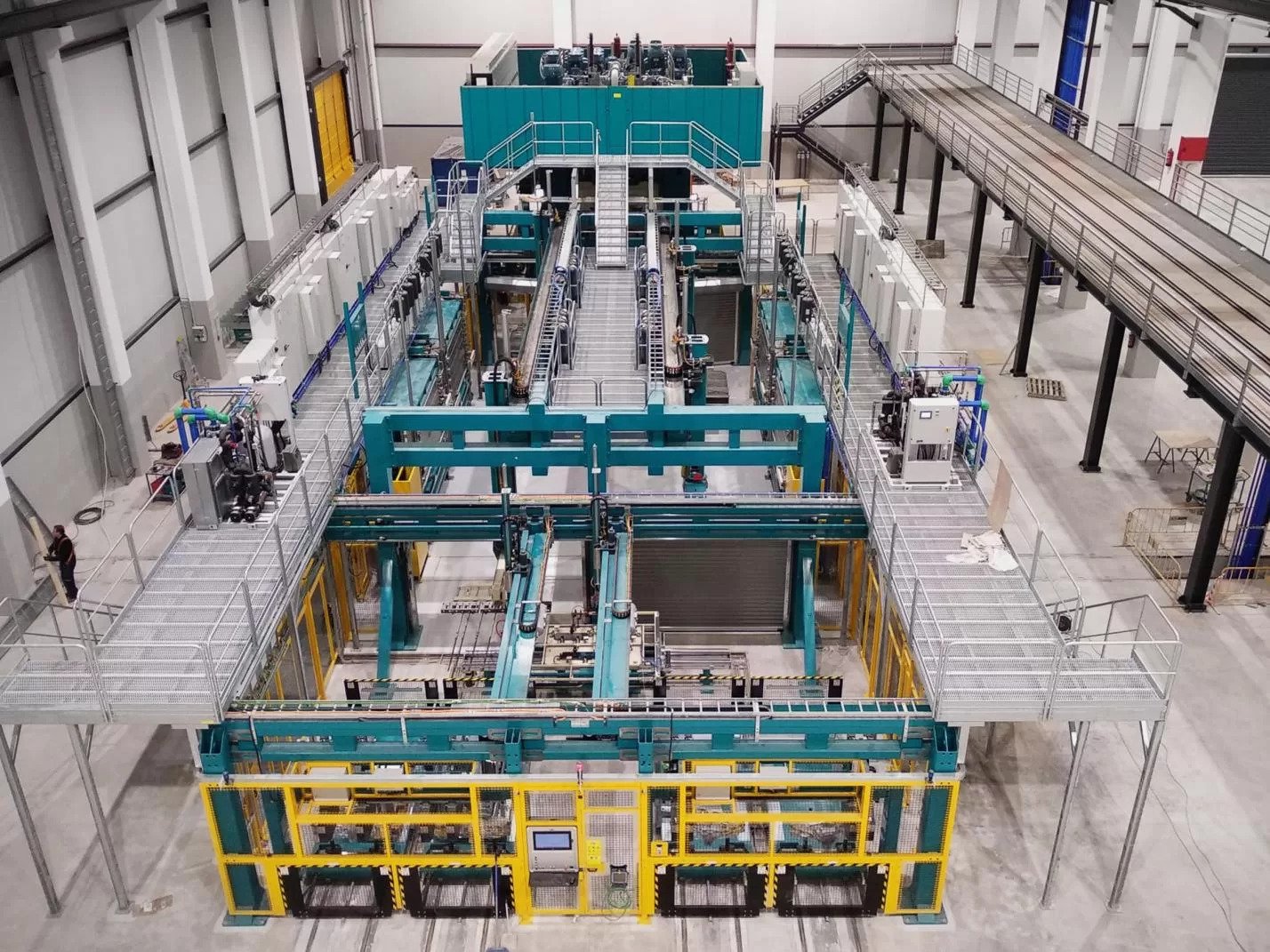Together with GEDIA, AP&T has created what is probably the world’s most advanced production line for manufacturing press-hardened automotive components.
AP&T’s latest press-hardening production solution lays the groundwork for providing car manufacturers with lighter, safer and more flexible designs that are cost- and energy-efficient. The solution includes AP&T’s proprietary servo-hydraulic press, boasting up to 70% lower energy consumption than conventional hydraulic presses, and TemperBox, which enables the combination of soft and hard zones in the same finished component.
The first commercial production line containing both innovations became operational at GEDIA in Germany in the fall of 2019, with subsequent installation of the same equipment at the company’s facilities in Spain and the US. It is no coincidence that GEDIA and AP&T are pioneering the future of press hardening in the industry: it is a result of a deeply rooted collaboration between the two companies that has lasted a decade.
Jörgen Theander, AP&T’s person responsible for the project, says: “Together with GEDIA, we have now developed what is probably the world’s most advanced production line for manufacturing press-hardened automotive components. By collaborating, we not only solve technological challenges and gain valuable experiences, we also manage to meet high expectations.”
So how does the end result compare to earlier AP&T press-hardening lines? First and foremost, the new lines are considerably more energy-efficient, much due to the fact that the servo-hydraulic press consumes up to 70% less energy than conventional hydraulic presses. The latest generation of multi-layer furnaces, consuming 40% less energy than its predecessors, also delivers an important contribution. In addition, the new lines make it possible to shorten manufacturing cycle times of certain products by up to 20%, freeing up time for more production.
For further information www.aptgroup.com




